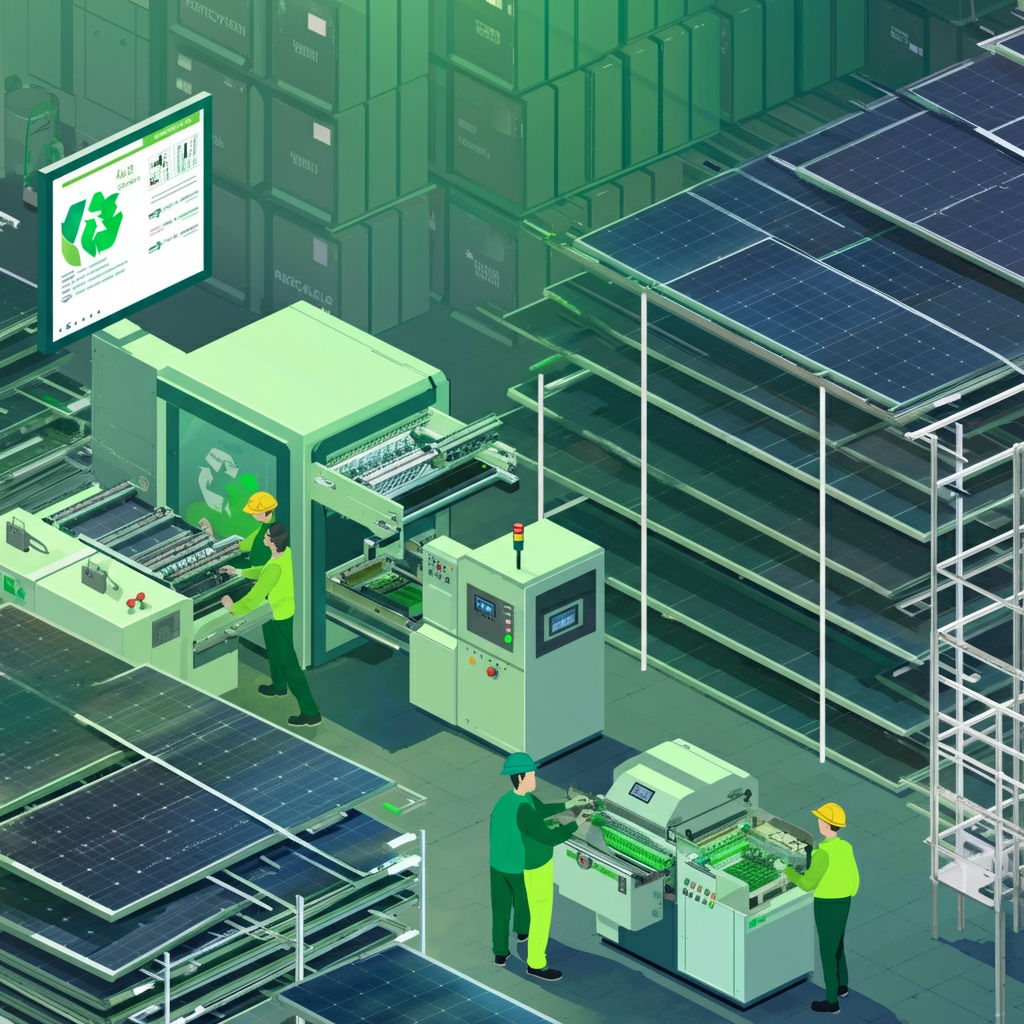Introduction
Solar energy is driving the global shift to renewable energy, which is the first priority in addressing climate change. But with solar panels’ explosive acceptance, a sustainability issue has surfaced. At their end of life, what happens to solar panels?
The answer resides in solar panel recycling. Certified scrap PV solar panel modules guarantee that important resources are recovered, waste is minimised, and environmental effect is much less.
This article will look at why solar panel recycling is crucial, offer analysis of approved standards, clarify the recycling process, and go over the advantages of dealing with a certified waste PV solar panel module recycler like Soltro.
The Growing Issue with Solar Panel Waste
The International Renewable Energy Agency (IRENA) projects up to 78 million tons of solar panel waste worldwide by 2025.
Although solar energy reduces carbon footprints during its running lifetime, improperly disposed of panels add to electronic trash, which could damage the environment by releasing toxic compounds into the soil and water. Reducing these dangers and fostering the circular economy depend on effective recycling.
Know Certified Recycling Guidelines
Certified recycling guidelines guarantee responsible disposal of your used solar panels. These criteria specify that solar panels satisfy particular collecting, recycling, and recovery requirements; they are modeled by the Waste Electrical and Electronic Equipment (WEEE) Directive of the European Union.
Working with a registered recycler such as Soltro guarantees verifiable reporting, environmental safety precautions, and industry best practices adherence.
PV Solar Panel Module Recycling Process
How then are solar panels recycled? The recycling process is broken out here methodically:
1. Travel and Collection
Old panels are securely brought to recycling centers from homes, businesses, or factories.
2. Initial Treatment
Usually glass, silicon PV cells, plastics, aluminum frames, and minute amounts of valuable metals like copper or silver, panels are checked for defects and arranged according to material composition.
3. Separation of Materials
- Mechanical processing dissection panels into smaller pieces.
- Thermal processing removes sticky compounds under controlled heating.
- Chemical treatments extract useful components including silver and silicon.
For instance, First Solar’s recycling program recovers for reuse over 90% of semiconductor materials including cadmium telluride.
4. Reuse and Materials Recovery
Refined and ready for use in new products, recovered materials support environmental and financial sustainability.
Benefits of Using a Certified Recycler
Soltro, among certified solar recyclers, provides these main advantages:
Environmental Safeguards
Through the recovering of valuable resources and reduction of landfill waste, proper recycling helps to avoid electronic waste from damaging the environment.
Savings on Costs
Recovered goods can be put back into the market, therefore lowering manufacturer raw material prices.
Compliance with Rules
Certified recyclers guarantee WEEE and other local and worldwide waste management standards’ compliance.
Transparency and Confidence
Transparency reporting is highly valued by certified recyclers, who also provide thorough material recovery breakdowns together with their final uses.
Selecting a Certified Solar Panel Recycler: Methodology
When searching for a solar panel recycler, take these elements into account to guarantee you select the best service provider for your requirements.
- Certifications
Check if the recycler follows ISO certifications or WEEE guidelines for environmental norms.
- Recycling Technology
Choose companies like Soltro that enhance material recovery by applying innovative recycling technologies
- Comprehensive Services
Search for end-to- end services covering pickup, transportation, recycling, and reporting.
- Experience and Expertise
Check the provider’s history. First Solar and SunPower, for instance, are well-known for their large solar panel recycling initiatives.
- Geographical Reach
Verify the provider works in your area. Certified recyclers like Soltro provide individual consumers and solar businesses scalable options.
Solar Panel Recycling: Future Development
Recycling solar panels looks to be really explosive. Why?
- Rising solar panel installations and waste volumes will help the market for solar panel recycling to reach billions of dollars in value within the next decade.
- Extended producer responsibility (EPR) rules are being followed by governments to motivate producers and end users to distribute waste management responsibility.
Moreover, changing the sector are innovative technologies. For example, the Electric Power Research Institute (EPRI) is investigating ground-breaking ideas to improve recycling effectiveness and cut costs.
This development indicates that recycling is not only a responsibility for the environment but also a chance to increase the favorable influence of solar energy and satisfy world climate targets.
Act for a Sustainable Future.
Given the increase in solar energy use, careful panel waste management has become ever more important. By means of recycling, solar stays a sustainable, environmentally benign energy source for next generations.
Are you ready to assist solar energy sustainability going forward? To find out how we could maximize material recovery and help with ethical solar panel disposal, get in touch with Soltro, your certified scrap PV solar panel recycler.
